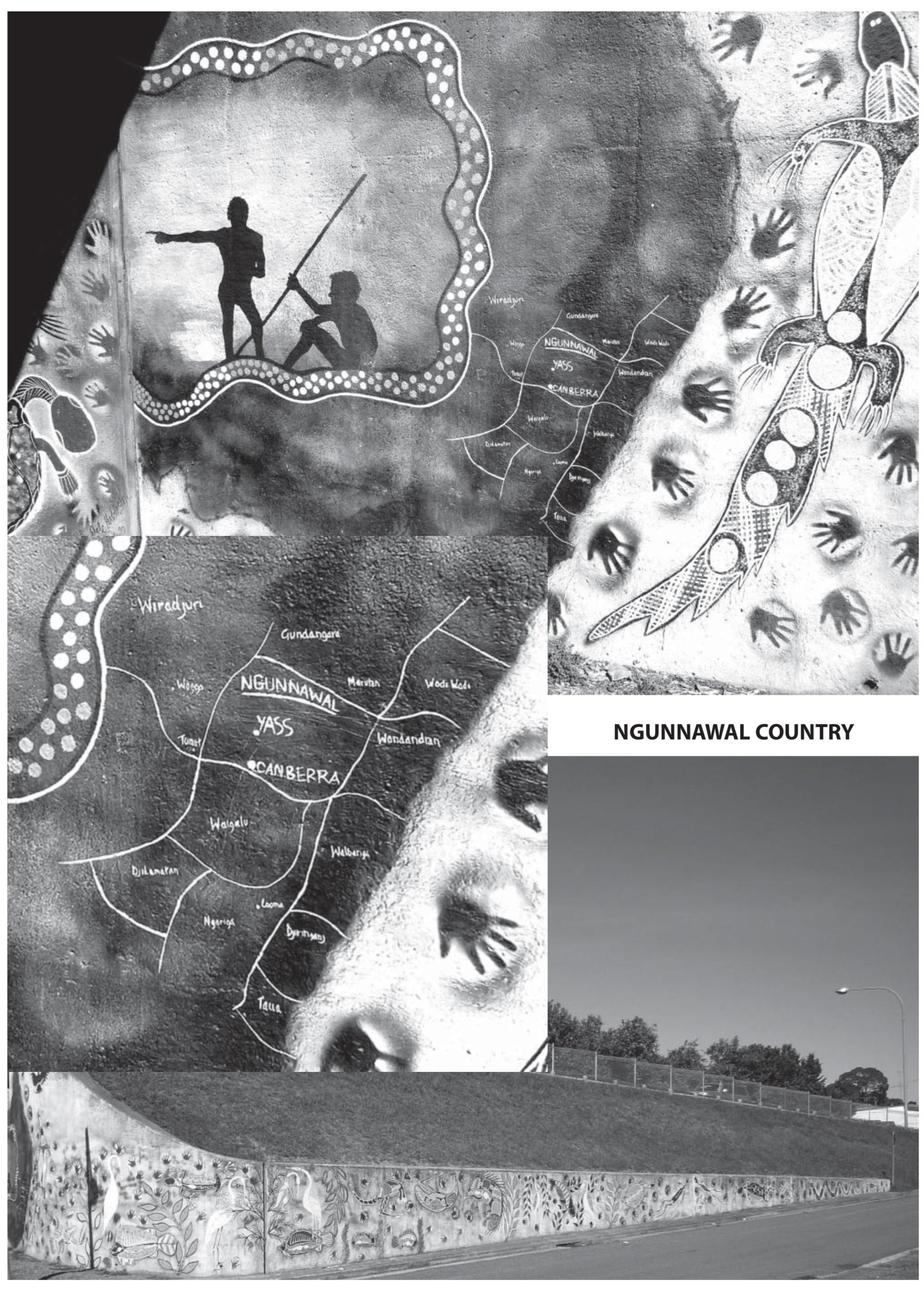
Ngunnawal Language Protocols
Many Aboriginal languages were forcibly removed and Aboriginal people were silenced for generations.
Ngunnawal language is amongst those that were forbidden to be used. Children were barred from speaking their mother tongue at school or in health settings or even in public for fear of being stolen. Adults were physically punished for speaking language.
Winanggaay Ngunnawal Language Aboriginal Corporation has been working tirelessly to “breathe the breathe of life” to our language.
Revitalisation is an ongoing process. We need to hear our language spoken to support the revitalisation process for all Ngunnawal. Language revitalisation takes time and effort by all to achieve sustainable outcomes.
We acknowledge the ongoing support of non-Indigenous people as well as our Aboriginal and Torres Islander brothers and sisters in supporting our Ngunnawal revitalisation program. Your support speak to our hearts.
To support Ngunnawal Elders and community members that do not speak the language yet, it is important you seek their support to speak language at the relevant event that they are attending.
Only those that have been explicitly taught to speak the language by a Ngunnawal community member can provide an acknowledgment to country in language.
Supporting Ngunnawal language being taught and spoken in the ACT directly supports Outcome 16 of the National Agreement on Closing the Gap (Aboriginal and Torres Strait Islander cultures and languages are strong, supported and flourishing)
For more information on protocols or training please see our contact details below.
-
The Winanggaay Ngunnawal Language Aboriginal Corporation consists of dedicated community members passionate about bringing Ngunnawal language back into daily usage.
We continue the Ngunnawal language revitalisation journey by supporting Ngunnawal people to deliver Ngunnawal language outcomes by:
• Holding Ngunnawal language workshops for the Ngunnawal community, other First Nations people and/or the broader community.
• Working closely with Ngunnawal custodians and language specialists to revitalise, develop, implement, and strengthen Ngunnawal language.
• Building capacity of members of WNLAC to be trainers of Ngunnawal language.
• Providing advice on Ngunnawal language for the broader community to utilise in displaying relevant signage.
We meet weekly to learn as much language as they can, support other people in the Ngunnawal community learn language, and deal with language requests from the broader community.
-
Ngunnawallanguage@gmail.com